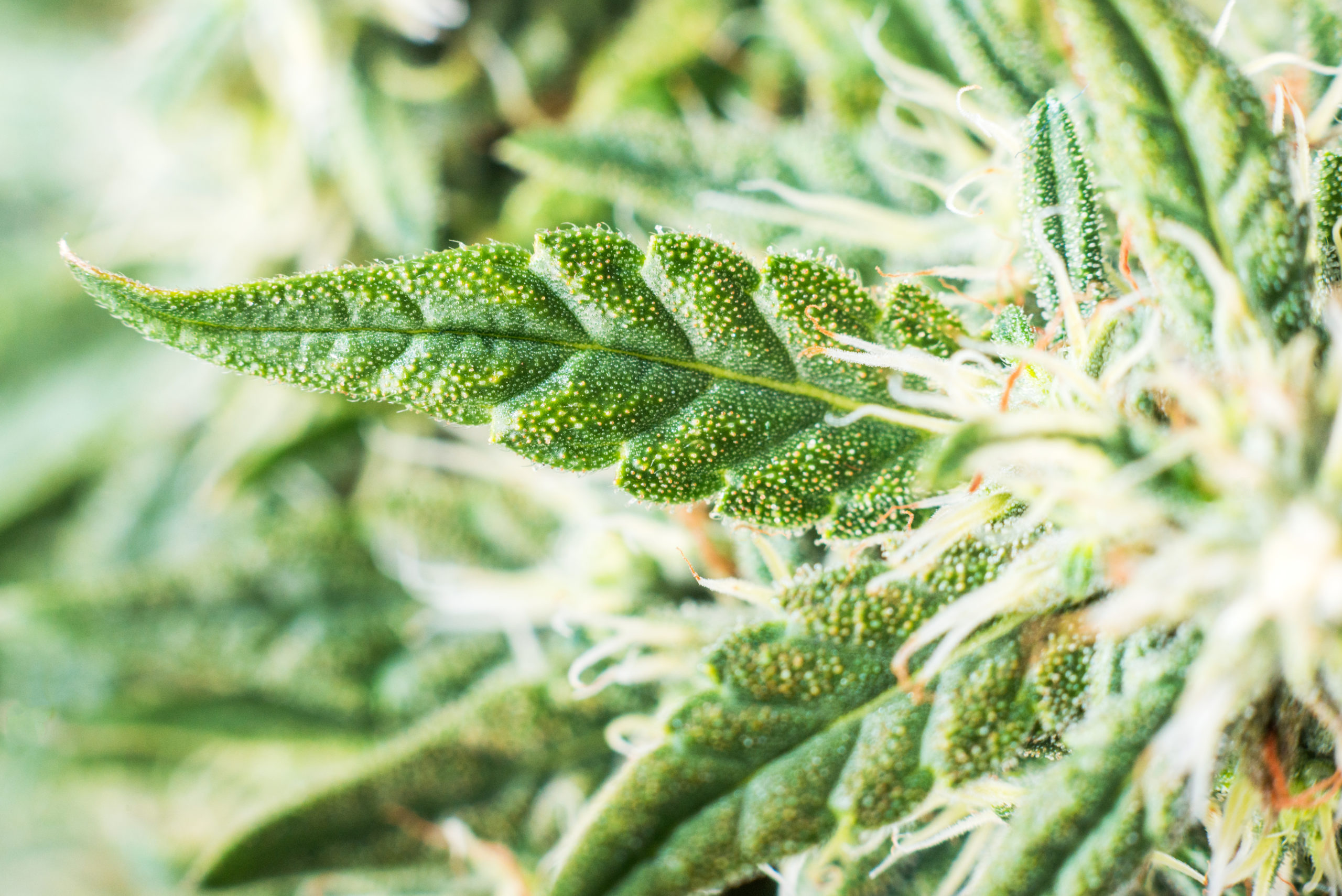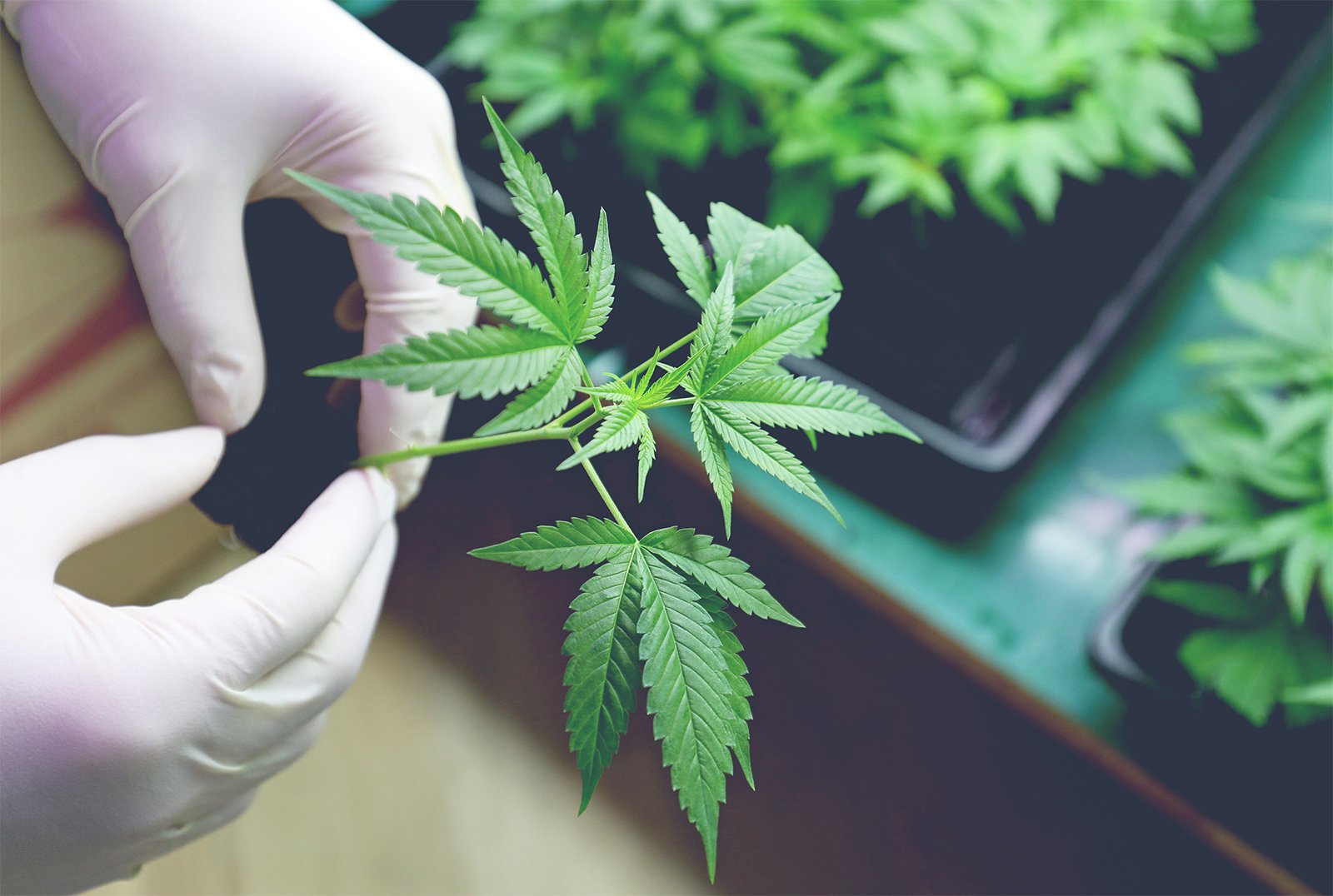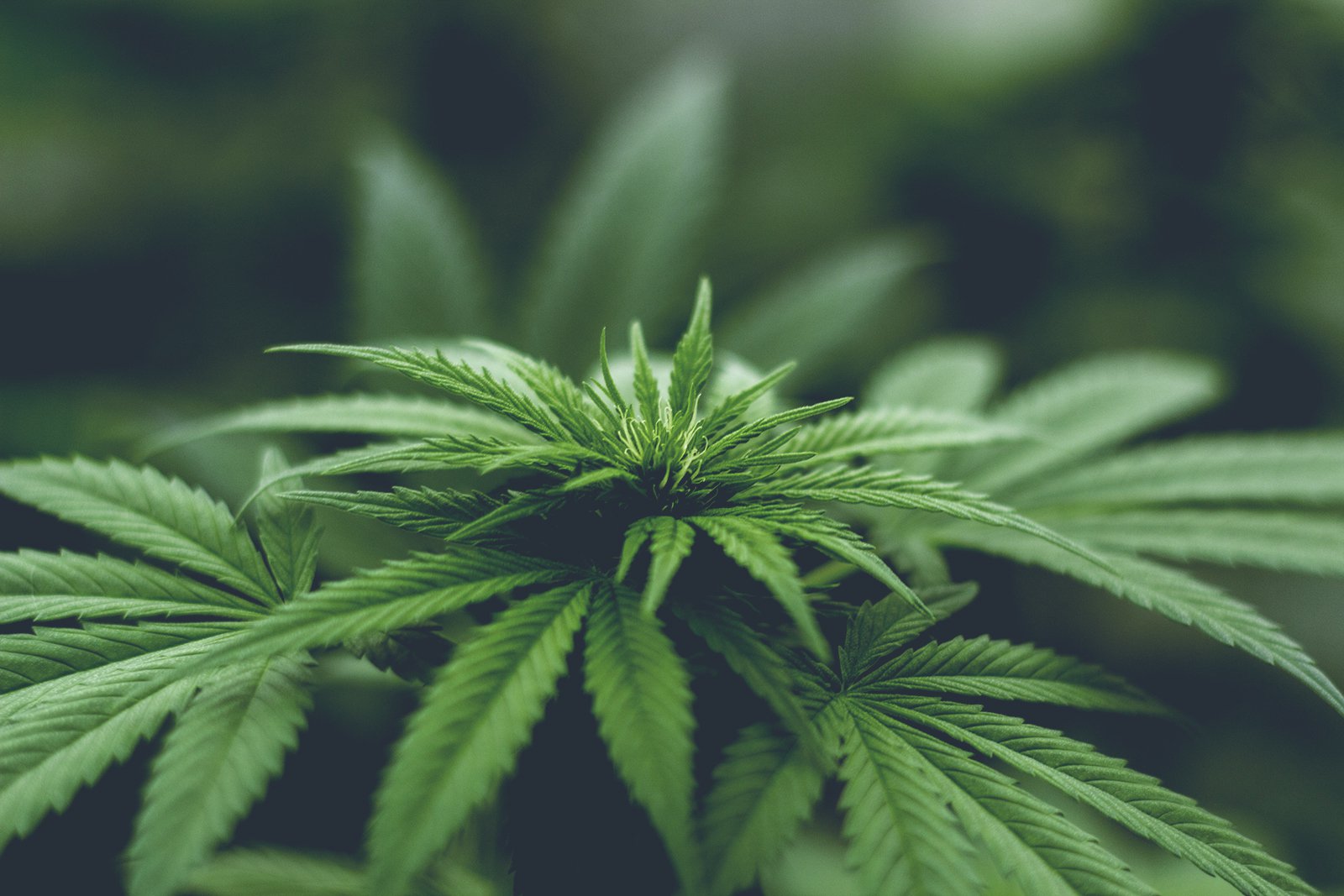
What is CBG?
Up until recent years, most research into the Cannabis compounds known as cannabinoids have been focused on tetrahydrocannabinol (THC) and Cannabidiol (CBD). Now that the plant is becoming more widespread and sanctions on cultivation, research, and use are being lifted, scientists are beginning to focus on more of the over 100 cannabinoids found in Cannabis, including Cannabigerols (CBG).
CBG is a rather fascinating cannabinoid because it is the precursor to many of the most active cannabinoids we’ve come across, including THC and CBD. As the plant matures, much of the CBG which is created is transformed into other cannabinoids. Because of this, many farmers trying to access this cannabinoid have been harvesting at the early budding phases. However, there are a few strains purposefully bred to express a high CBG content, but most strains have under 1%. Check our store for availability.
Research on CBG is still in the preliminary phase, like CBN, but is already showing immense therapeutic potential. Like other well-known cannabinoids, CBG affects the body by interacting with cannabinoid receptors located all throughout the central nervous system, which can influence energy levels, mood, pain perception, appetite, and cognitive functions. You can learn more about cannabinoids and the endocannabinoid system here.
Because the cannabinoid system is built all throughout the body, cannabinoids like CBG can offer a wide range of effects and potential benefits. Much more research needs to be done in order to make any conclusive statements, but we have provided a list of potential benefits that are currently being explored by pharmacological researchers.
Potential Benefits of CBG
- Anti Inflammatory. CBG appears to have anti-inflammatory properties and could potentially help with a wide range of conditions caused by inflammation. This 2007 study showed CBG to be effective in treating eczema and psoriasis and this 2013 study suggests the CBG may help reduce inflammation caused by irritable bowel disease.

- Anticancer therapy. There have been several studies that support the notion that CBG, along with several other cannabinoids, has the ability to inhibit tumor growth and the spread of certain cancer cells. This 2009 study shows that CBG can potentially slow the growth of multiple tumor cell lines. This 2014 study found similar results with colon cancer. In another study from 2016 the conclusion states that “the preclinical data strongly support the notion that non-psychoactive plant-derived CBs [cannabinoids, including CBG] can act as direct inhibitors of tumor progression as well as enhance the activity of first-line therapies.” Another study suggests CBG may help impede breast cancer.
- Appetite stimulant. While on the topic of cancer, it is also notable to mention CBG has shown promise as an appetite stimulant, which can be very useful for patients undergoing treatments such as chemotherapy which reduce hunger. In this 2016 study, CBG was shown to increase appetite in already satiated rodents.
- Antibiotic. Many cannabinoids are great antibiotics, boasting the ability to help fight harmful bacteria. In this 2008 study, CBG, CBN, CBD, and several other cannabinoids were found to be effective in treating MRSA, a bacterial infection resistant to antibiotics. This is one area where CBG could be truly life-saving, as often times MRSA can be fatal.
- Muscle relaxer & antianxiety. Because CBG has shown to inhibit GABA uptake, it could lead to muscle relaxation, tension relief, and bring a sense of calm to the mind and body. Pharmacologically, GABA uptake inhibitors are used to treat anxiety, and because CBG expresses this quality, it may also be able to be used to treat anxiety.
- Potential treatment for Neurodegenerative diseases. In this 2015 rodent study, it was determined that “the use of CBG, alone or in combination with other phytocannabinoids or therapies, [could be a] treatment of neurodegenerative diseases,” such as Huntington’s disease.” CBG was administered and the normalization of abnormal genes linked to brain degeneration was observed, showing that CBG may be a neuroprotective compound.
- Could help with colitis and Irritable bowel disease. In 2013, a study on rats was conducted to explore the use of CBG for colitis and it was determined to be effective in reducing the effects of the disease. According to the study, IBD patients have been experiencing “successful management of abdominal pain, joint pain, cramping, diarrhea, poor appetite, weight loss, and nausea” with the use of cannabis, but there are not many studies just yet exploring CBG as an isolated compound.
- Glaucoma therapy. CBG shows a lot of potential here, although the science is still lagging behind. A 1990 study examined CBG for its effects on glaucoma and found it may help with treatment and relieves intraocular pressure. CBD does not have this quality while THC does, which has meant that those suffering from Glaucoma may now be able to access these benefits without the intoxicating effect that comes from THC.
The Future of CBG
CBG shows a lot of pharmacological potential and may be found effective in a wide range of cases, although there are a handful of studies done, the evidence is far from conclusive. Regardless, there are many CBG products out already and the market is expected to grow rapidly, especially as more studies are released. CBG is currently one of the most expensive cannabinoid extracts due to the fact that it is not very prevalent in many Cannabis plants. However, more strains are being developed to express CBG and growing methods are being developed to preserve much of the CBG into later growth stages. If you would like to stay up to date on cannabinoid research, including CBG, consider subscribing to our newsletter for monthly updates on the biggest news in the industry and receive exclusive offers.

CBG shows a lot of pharmacological potential and may be found effective in a wide range of cases, although there are a handful of studies done, the evidence is far from conclusive. Regardless, there are many CBG products out already and the market is expected to grow rapidly, especially as more studies are released. CBG is currently one of the most expensive cannabinoid extracts due to the fact that it is not very prevalent in many Cannabis plants. However, more strains are being developed to express CBG and growing methods are being developed to preserve much of the CBG into later growth stages. If you would like to stay up to date on cannabinoid research, including CBG, consider subscribing to our newsletter for monthly updates on the biggest news in the industry and receive exclusive offers.



